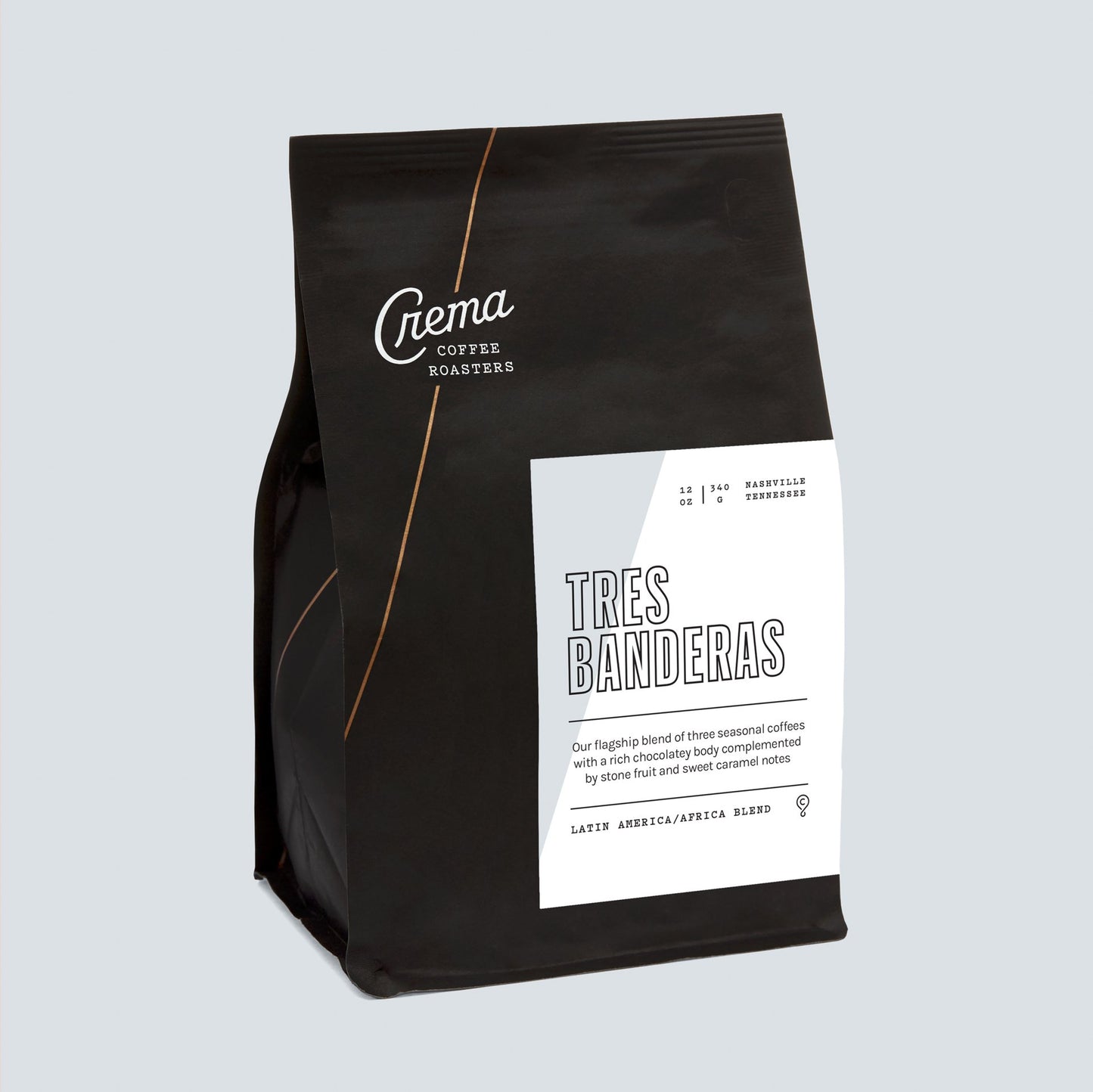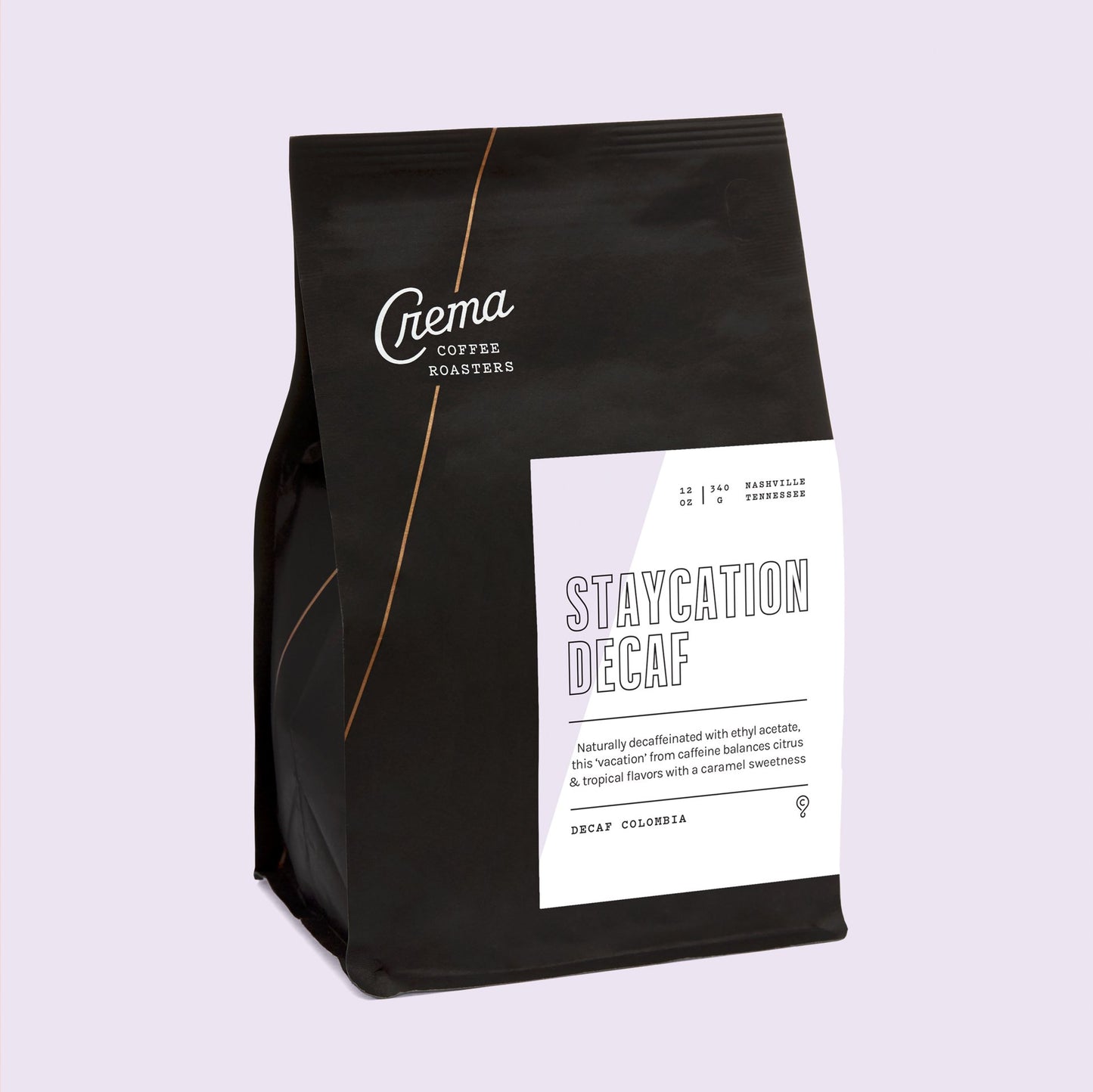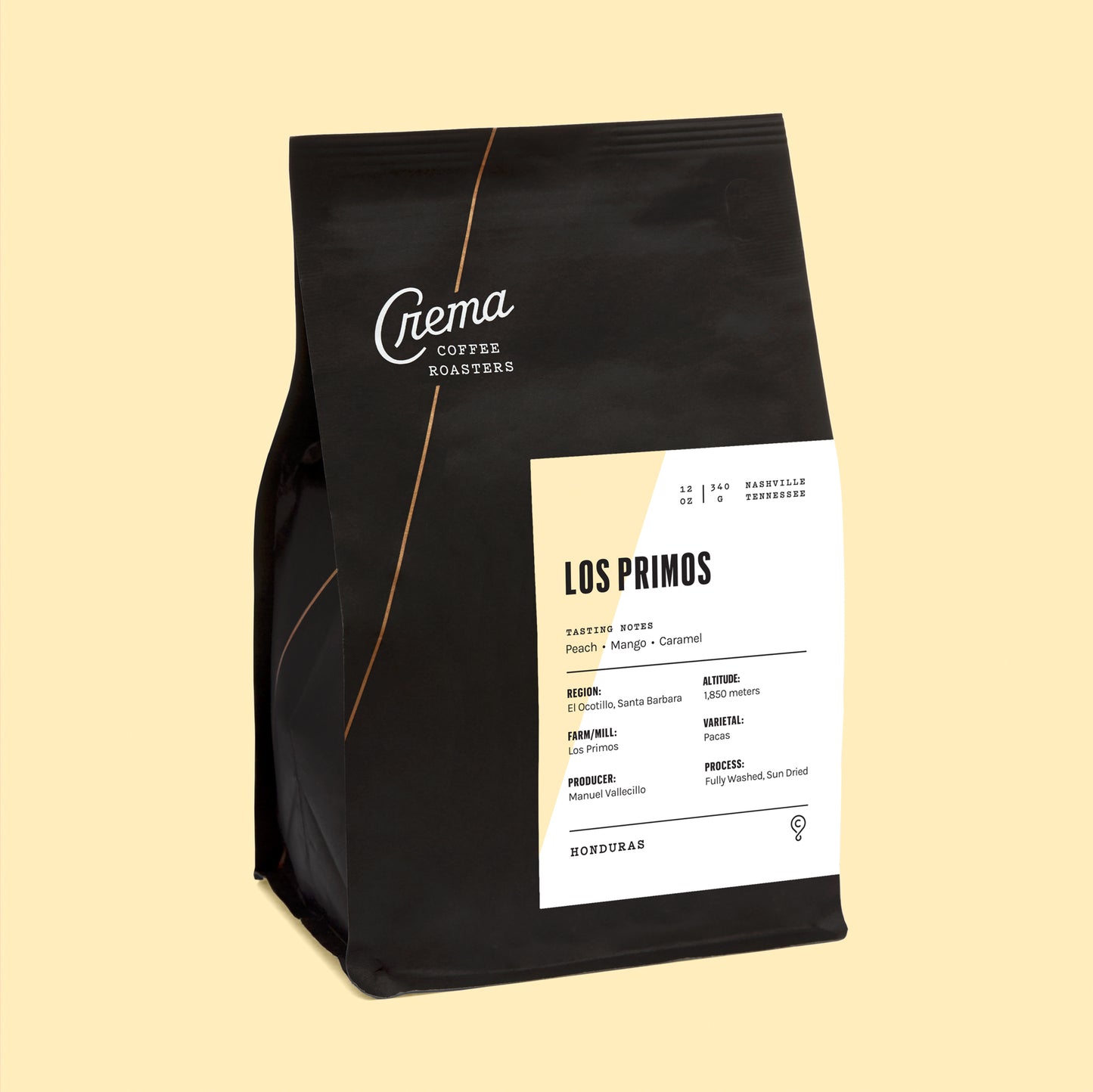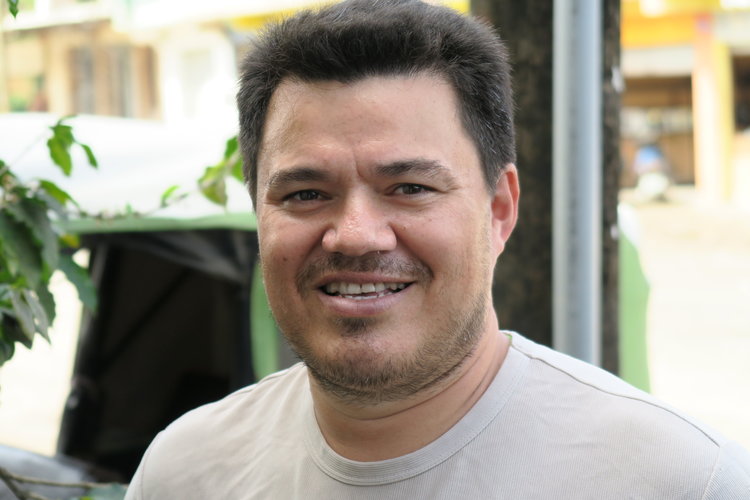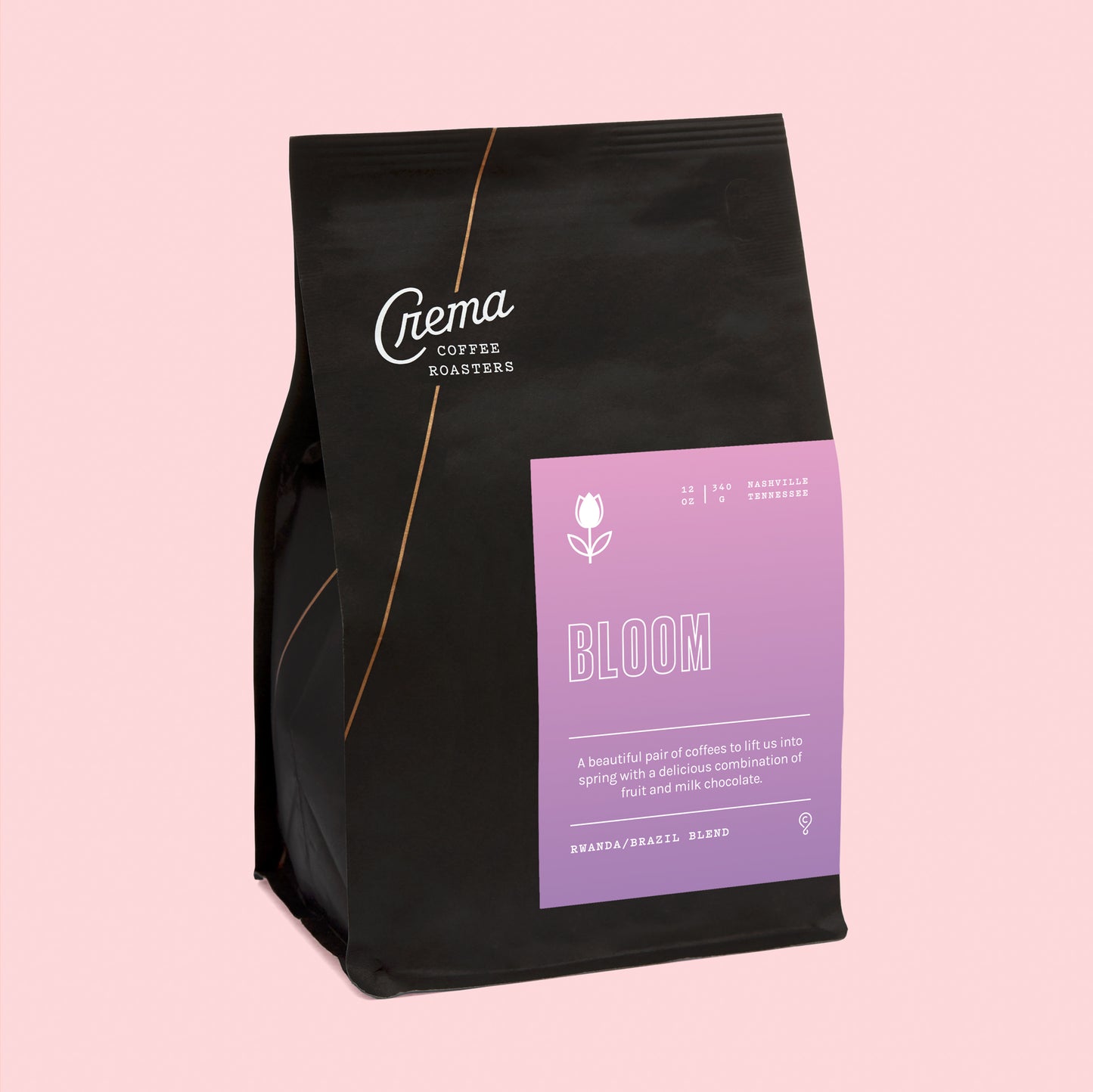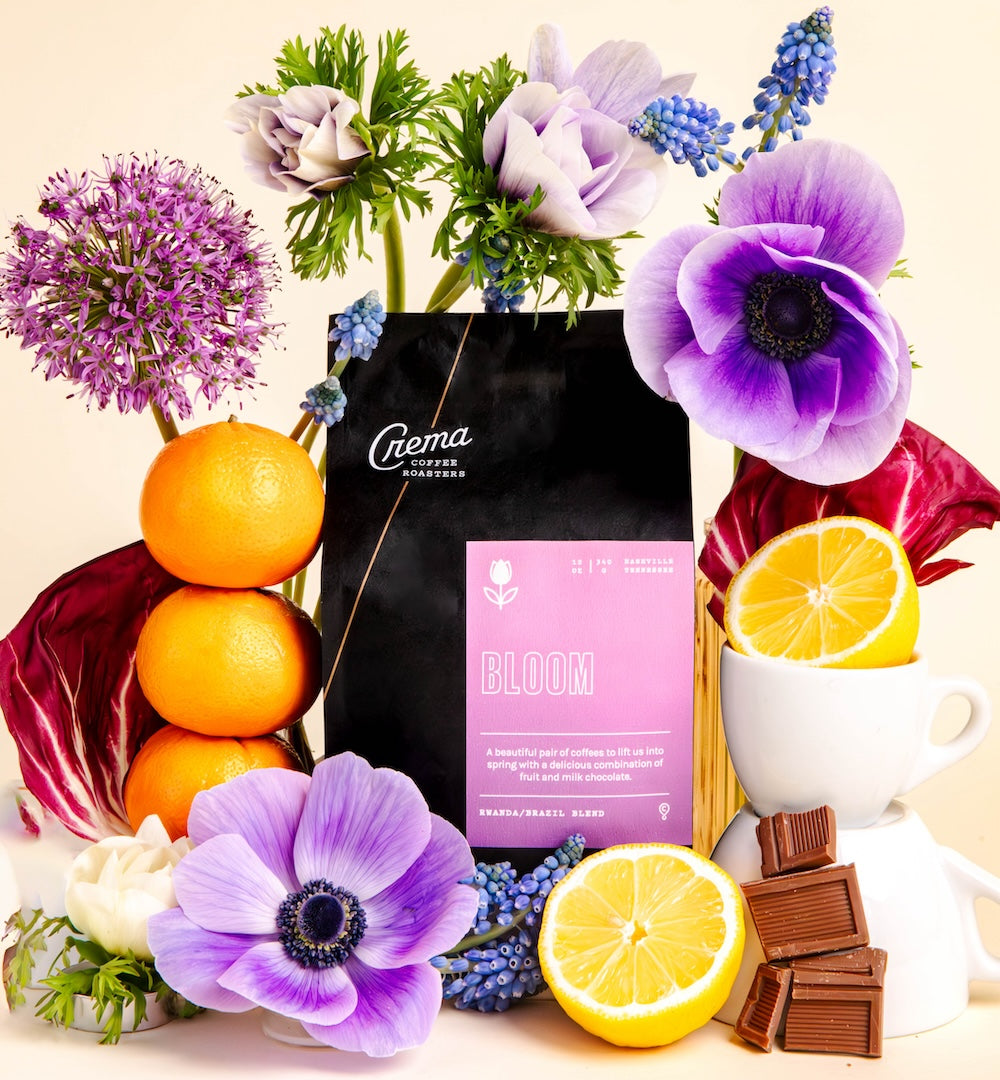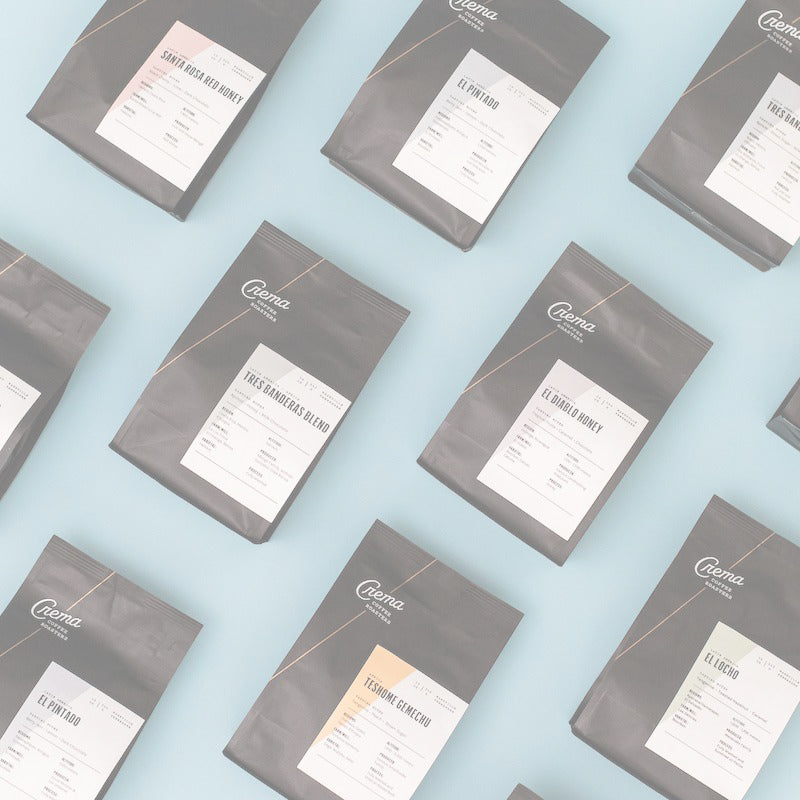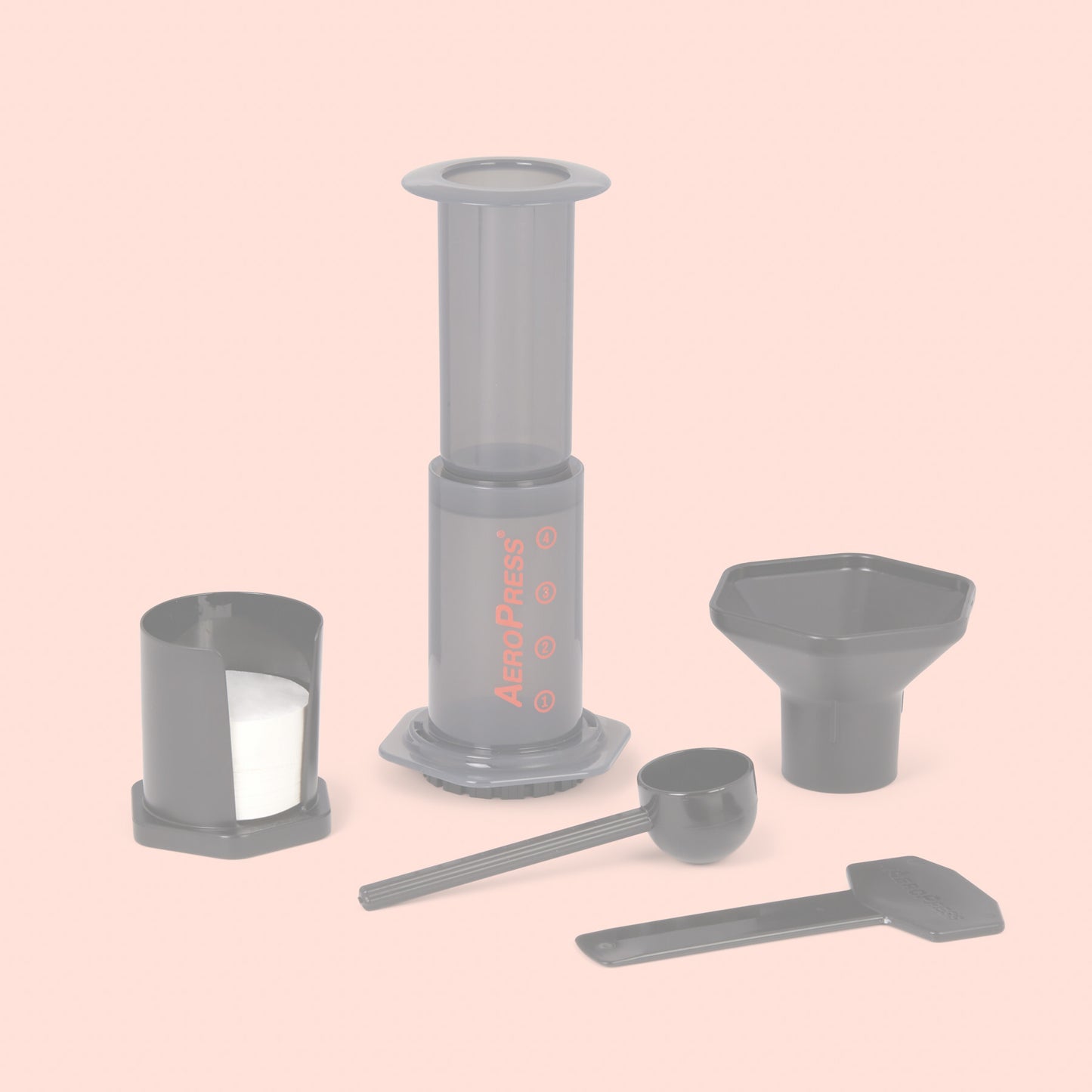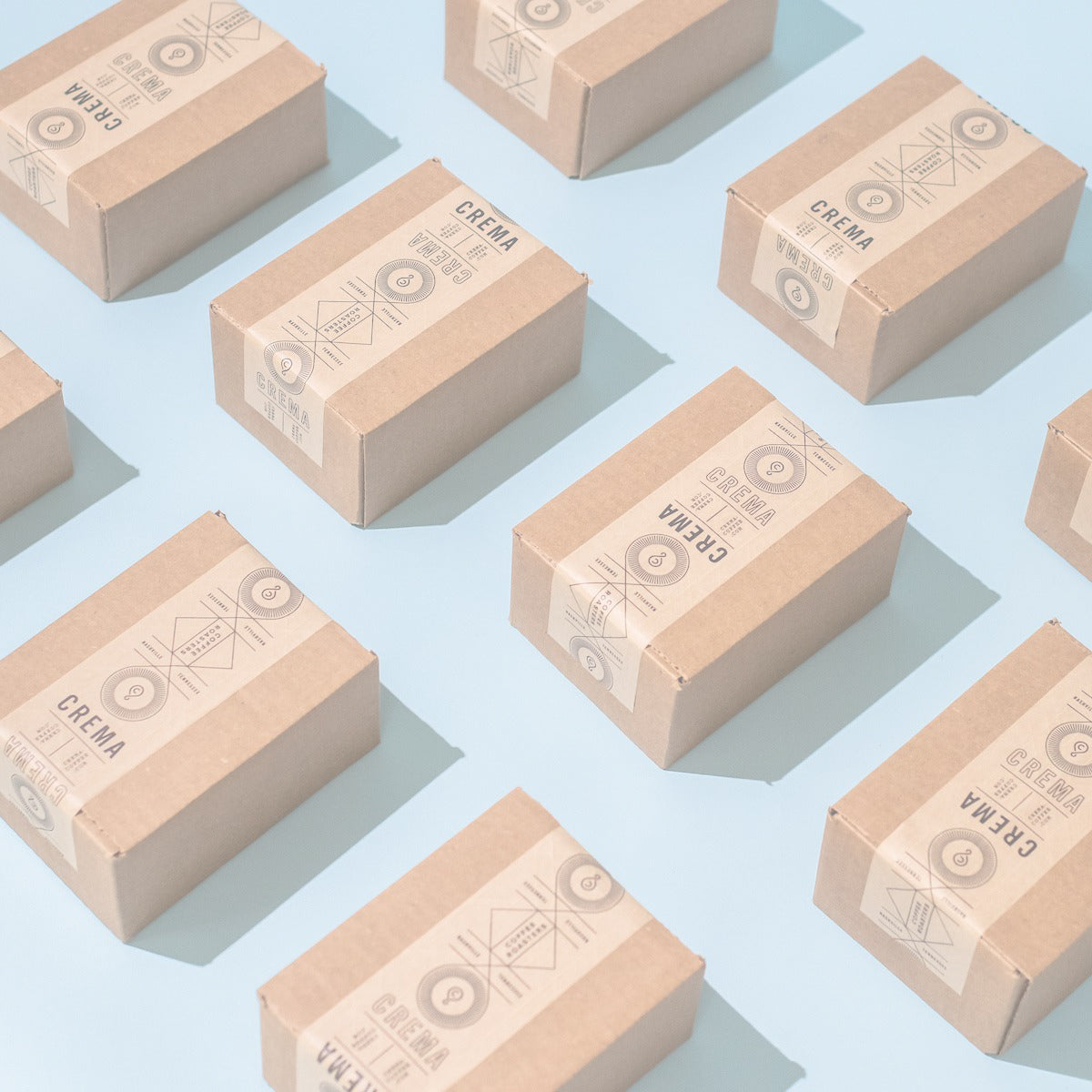It's a question we get a lot.
And the answer is...yes? Sort of? I mean, technically it isn't? But, like, technically it is?
As you can tell, we are very eloquently equipped to address this complex issue. So we enlisted the help of Edwin Martinez, the owner of Finca Vista Hermosa in Huehuetenango, Guatemala. Our friendship with Edwin dates to 2010, when he became the first farmer we ever bought coffee from.
"Organic," like any other title, carries a lot of weight, and, perhaps, a lot of false assumptions. It is perhaps a better exercise to move past the initial question -- Is your coffee organic? -- to the next question: Is it necessarily helpful, to the farmers, to the environment, or to the consumer, for a coffee to be organic? Is organic better? Tastier? More sustainable? Is it even remotely cost-effective? At his farm in Guatemala, we spoke with Edwin -- whose coffee is not certified organic; you'll see why -- about what it takes to be certified organic. He is, by all accounts, certified awesome.
Crema: Why is your coffee not organic?
Edwin Martinez: In our region, the elevation is high and we have the challenge of being fairly remote, so it's expensive to get anything out there. Just to get there is expensive, and any product we use is going to have a high cost to get out there. We were using organic fertilizers for the most part and cost went up about ten years ago. It went up 100% in one year, so that's a pretty big increase when you think about your inputs. The next year we saw that they were probably going to go up again, and we didn't know how much, but we knew if it went up any more that we would be losing money and we eventually would not have a farm.
We got creative and we brought sheep to the farm and tried to basically create our own organic fertilizer. We did it fairly well, but we weren't that successful. We tried for five or six years to have sheep. We tried a lot of things.
The year that we got sheep, the cost of organic fertilizer went up 400%. At that point, everyone in our area stopped being organic. Everyone was using chemical fertilizers, and there were those that weren't using any fertilizer at all.
Crema: What happens if you don't fertilize?
Edwin: If you don't fertilize, you have a much lower yield. That's not necessarily a bad thing. In general, that's often times a good thing, where you're producing what the land can naturally yield. However, in most cases, that is not economically sustainable in these lands here, because of the high costs. Just the infrastructure and the logistics are costly, so that was where we reduced our use of organic.
If we did not do something to prevent and treat leaf rust (through the use of non-organic treatments), though, we wouldn't have any coffee at all right now. The costs are really high and it's a very big risk. In Guatemala, there used to be a fair number of organic, mid-sized farms. Today, they're practically non-existent. I've been trying to look for a mid-sized to larger organic farm, and all of the ones that marketed themselves, even that marketed that they were organic, they're not organic anymore at all, because they lost most of their farm, and in order to recover, they had to essentially lose their certification.
Separately, a lot of the coffee in the world is organic, but it's not certified because it's small producers who can't afford any fertilizer in the first place. It's a very complicated subject. The choice to remain organic is one that is a very difficult one. For the people that have done it, they are in unique circumstances, and that's pretty rare in Guatemala.
A lot of coffee in the world is organic,
but it's not certified.
Crema: What do you really get with a "certified organic" certificate? As a consumer, am I actually getting a cup of coffee that has less bad things in it?
Edwin: No, you're not. What you are getting is a guarantee and peace of mind that it is organic. However, a lot of the coffees out there that are not certified are at least equally, if not more, organic. What I mean by that is that a farm that can afford to be certified is a commercial farm.
Ultimately, I think with the certification, you know that you've got a certain base line, so there's credibility and there's a lot of validity to it. I think it's a really, really good thing. However, if something does not have a certification, it doesn't automatically mean that it is full of chemicals and it's bad for you. It could be healthier from the standpoint of the chemicals that are used. The reason is any organic farm is likely to be in an area that's growing with neighbors that aren't organic, so you'll have some degree of whatever they're using that's coming over. To meet the certification, you need to not use chemicals, but you also need to pass tests that prove that you're not using chemicals. It's just like decaf coffee. Is decaf coffee coffee without caffeine? No. It all has caffeine. It's a very small percentage, but it still has caffeine. The fact that it's decaf tells you that you know that it has gone through a process that removes most of the caffeine.
However, in the case of organic and conventional, it's not as great a contrast. It would be as if you saw a coffee that wasn't decaf that actually had less caffeine than a decaf coffee, but it wasn't labeled decaf. That's how it is with conventional and organics. Often times there are coffees that are produced in a land in a much more sustainable way, where when you look at the soil content, it needs very little help to grow anything. I don't know if that answers your question. It's not an easy one.
← Older post Newer post →

